Radical Israeli settler groups call for killing Palestinian president
Extremist Israeli settler groups have launched an incitement campaign against Palestinian President Mahmoud Abbas in the northern part of the occupied West Bank, calling for his assassination.
Palestinian sources, requesting anonymity, said Israeli settlers put up posters near Yitzhar settlement south of the city of Nablus, located approximately 49 kilometers (30 miles) north of Jerusalem al-Quds, on Tuesday, calling for the killing of Abbas.
The posters read “supporter of terrorists” referring to Abbas as the financier of operations against settlers in the West Bank.
PLO slams Israeli settlers' call for Abbas assassination
Meanwhile, Secretary General of the Palestine Liberation Organization (PLO) Saeb Erekat said on Tuesday that Tel Aviv regime should be held accountable for the consequences of the settlers' call for the "assassination" of the Palestinian president.
Erekat said in a press statement that such a call is in line with “a systematic incitement campaign by Israel against our people and their rightful demands.”

“The call for the killing of the Palestinian president is an initiative to open assassination of the president and the liquidation of the leadership's peace strategy,” he pointed out.
Erekat added that the Palestinian people and their leadership “take this threat seriously and demand the international community to move immediately to halt Israel's unlawful policies and practices before it is too late.”
He also stressed the importance of providing the Palestinian people with international protection, saying, “International community's silence paves the way for more killings of civilians and ethnic cleansing.”
The development came only two day after the UN Office for the Coordination of Humanitarian Affairs (OCHA) announced in a report that at least 11 attacks had been conducted by Israeli settlers against Palestinians in the West Bank between November 20 and December 3, resulting in Palestinian property damage.
Furthermore, about 85 Palestinian-owned trees, mostly olive ones, had been vandalized by Israeli settlers in Turmusayya village, near Ramallah.
In five other incidents in different localities of the West Bank, Israeli settlers punctured the tires of 52 Palestinian vehicles, and wrote racist and anti-Arab slogans with spray on some of the vehicles and on the walls of schools, mosques and several homes.
On October 12, a 47-year-old Palestinian woman, identified as Aisha Mohammad Aravi, was killed near a checkpoint south of Nablus after being struck by stones thrown by Israeli settlers while driving with her husband.
According to Palestinian media outlets, Aravi was hit in the head by the stones and died shortly after the incident. Her husband was wounded moderately.
Less than a month before US President Donald Trump took office, the United Nations Security Council adopted Resolution 2334, calling on Israel to “immediately and completely cease all settlement activities in the occupied Palestinian territories, including East Jerusalem” al-Quds.
About 600,000 Israelis live in over 230 illegal settlements built since the 1967 Israeli occupation of the Palestinian territories of the West Bank and East Jerusalem al-Quds.
Palestinians want the West Bank as part of a future independent Palestinian state with East Jerusalem al-Quds as its capital.
The last round of Israeli-Palestinian talks collapsed in 2014. Among the major sticking points in those negotiations was Israel’s continued settlement expansion on Palestinian territories.
Trump backtracked on Washington’s support for a “two-state solution” earlier this year, saying he would support any solution favored by both sides.
“Looking at two-state or one-state, I like the one that both parties like. I’m very happy with the one both parties like. I can live with either one,” the US president said during a joint press conference with Israeli Prime Minister Benjamin Netanyahu in Washington on February 15.
VIDEO | Unseen agony: Missing loved ones of genocide in Gaza
Iran cuts gold import tariff to zero
Pezeshkian: Iran determined to develop, boost ties with neighbors
VIDEO | Israel, Hamas ceasefire agreement: Closer than ever
VIDEO | Gaza ceasefire to be put in place under resistance conditions
Hot water and sewage: Palestinians share harrowing tales of torture in Israeli prisons
VIDEO | Thousands evacuated in Ethiopia amid earthquakes, volcanic eruption fears
Revealed: Israeli ministers eye restoration of illegal settlements in Gaza through genocide


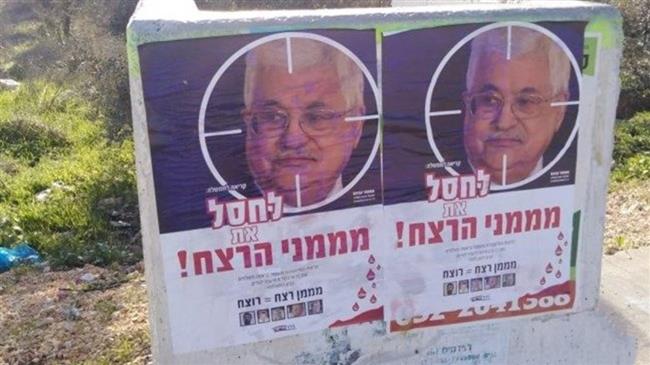


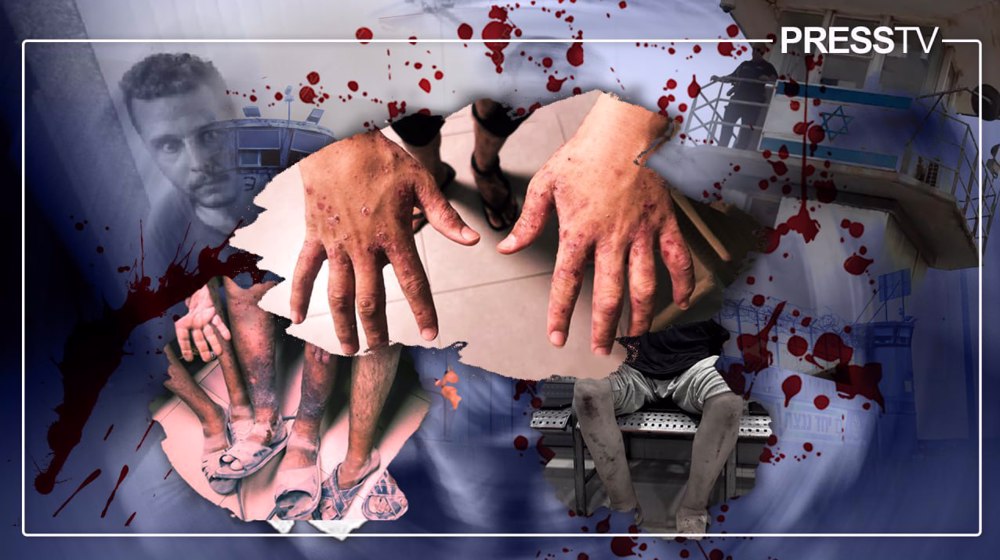
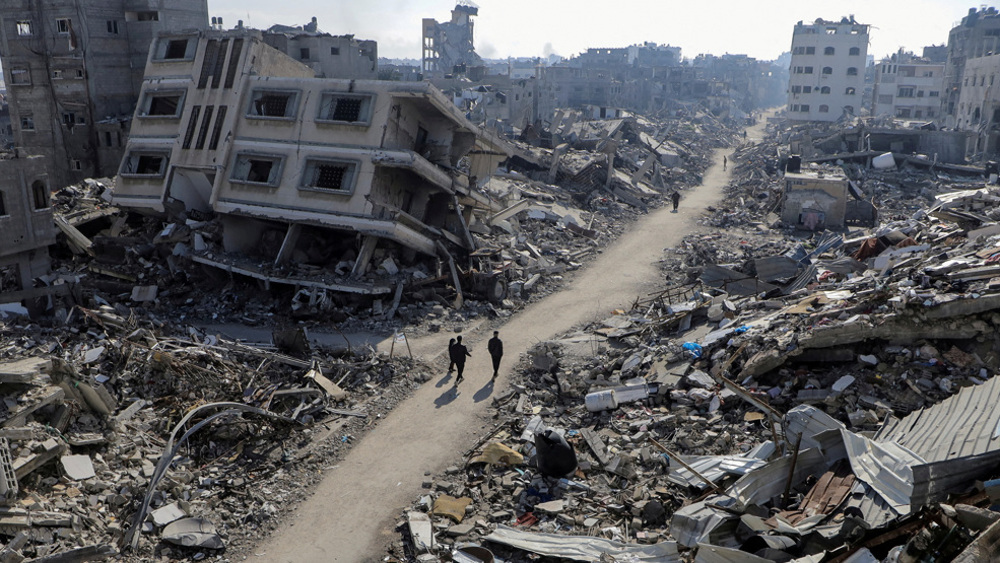
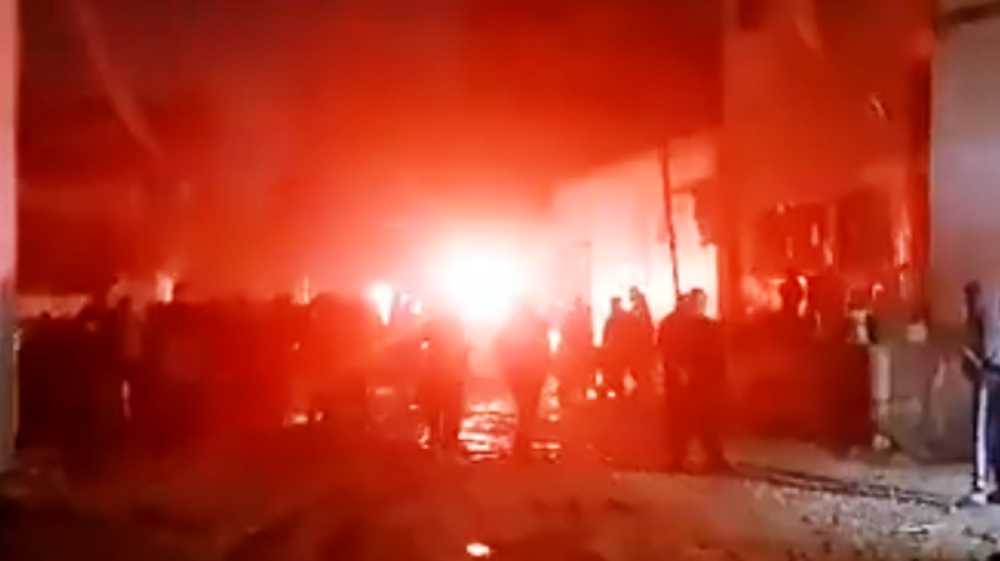



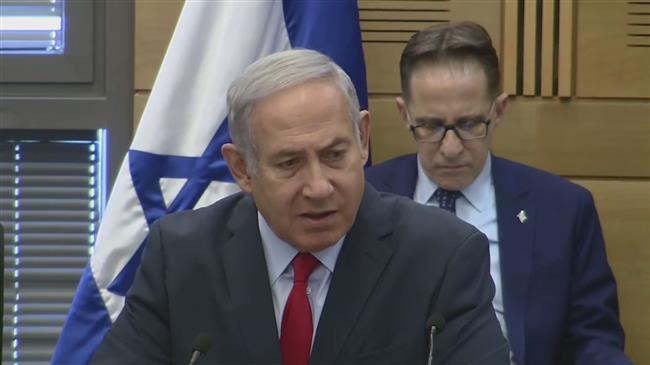
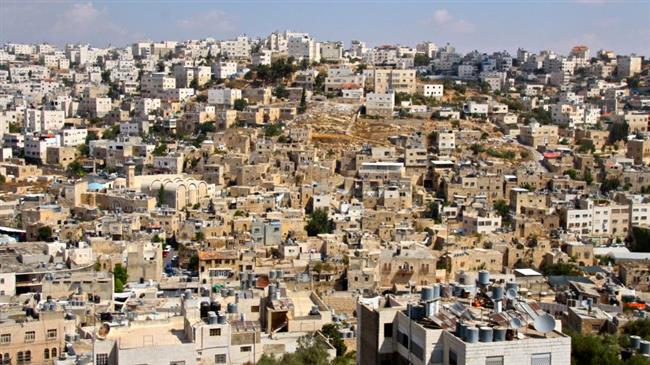
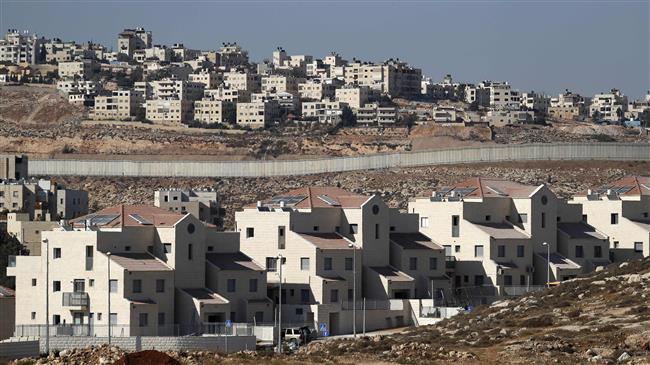
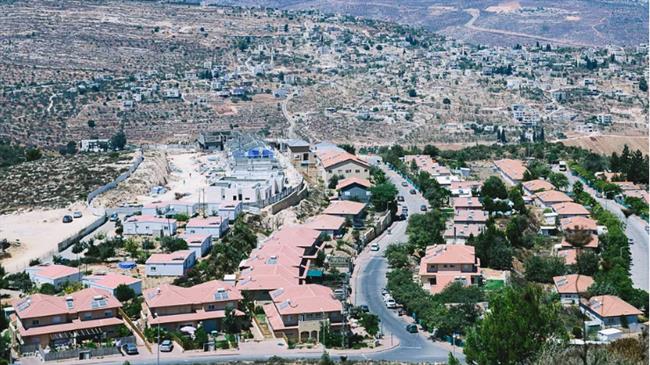




 This makes it easy to access the Press TV website
This makes it easy to access the Press TV website